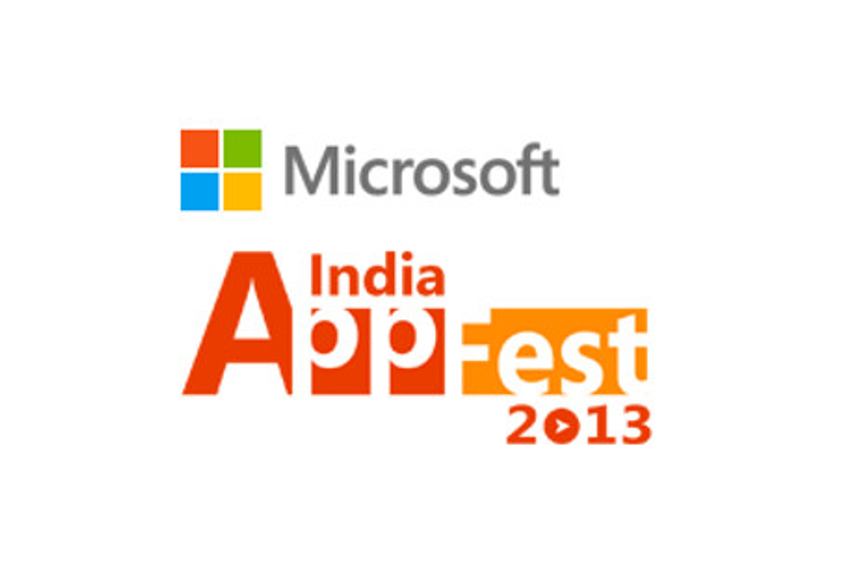
Please sign in or register
Existing users sign in here
Having trouble signing in?
Contact Customer Support at
[email protected]
or call+91 22 69489600
Over 10,000 students engaged across 54 locations around the country

Contact Customer Support at
[email protected]
or call+91 22 69489600
Top news, insights and analysis every weekday
Sign up for Campaign Bulletins
Following an operational disruption earlier this year, the renewed brand direction focuses on resilience, intent and community connection.
IAA India and Snapchat brought together agencies and creators for a hands-on look at AR’s growing role.
Here's something that might surprise media planners: when someone watches live sports on their TV, and someone else watches on their phone, they're probably not the same person switching devices. They're actually different audiences.
Amazon Prime Video and WPP OpenDoor executed a multi-platform rollout for The Family Man Season 3, integrating the series into everyday viewer environments.